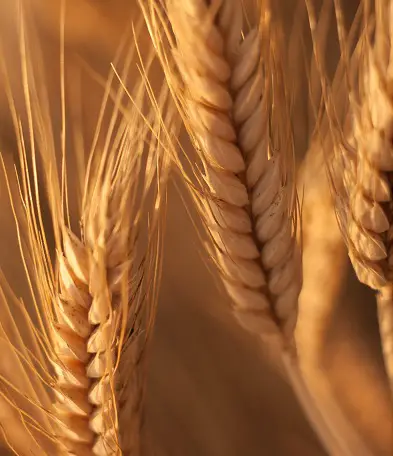It may take until 2050 before Ukrainian agricultural production reaches pre-conflict levels according to estimates in the Agricultural Outlook of the Center for Food and Land Use Research at the Kiev School of Economics.
The report notes that the conflict has cost the farming sector of Ukraine $9 billion, which is equal to more than 26% of the nation’s tangible assets, as of April 2023.
Prior to Russia’s invasion in 2021, roughly 33 million hectares were planted with grains and oil seeds. By last year that number had dwindled to roughly 2 million hectares, and it is expected that it will diminish further as the conflict drags on.
Based upon a model which assumed that the war in Ukraine would be brought to an end before the sowing of winter crops this year, it is forecast that pre-crisis acreage levels would be restored by 2030, and they would reach 37 million hectares in 2050.
However the nation will need roughly 20 years in order for its production and exports to be restored, according to the data. The model forecasts that sunflower, barley, and wheat cultivation will be restored by 2040, however maize, rye, oats, and rapeseed output will not reach pre-crisis levels until 2050.
Early last year, following the Russian invasion, Ukraine was forced to temporarily halt all agricultural exports. Exports were restored by July of 2022, after the UN brokered the Black Sea Grain initiative, which saw Russia agree to allow seaborne exports by Ukraine of grain and other products for humanitarian purposes from its posts unmolested, in return for concessions and assistance regarding Russian exports. Russia has since complained the UN reneged on its part of the bargain.
Although the deal has already been renewed several times, Valentina Matviyenko, the speaker of the upper house of the Russian parliament, has indicated that the deal will not be extended further unless the UN honors its agreement, and assists Russia with its own grain and fertilizer exports, which have been being impeded by Western sanctions packages implemented over the war in Ukraine.
Friday, on the sidelines of the St. Petersburg International Economic Forum (SPIEF), Matviyenko said, “It is impossible to update this deal, and under these conditions, I believe, it is also impossible to extend it because the limit of our patience and desire to implement it has been exhausted.”

